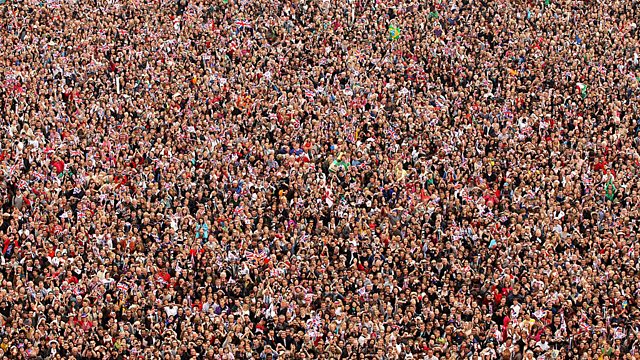The Mob
An βangryβ mob and βherd mentality,β are terms frequently used to describe events like riots. But is there really something in us that changes when we are in a large crowd?
Why do we behave differently in crowds? An βangryβ mob and βherd mentality,β β are terms frequently used to describe events like the London Riots of 2011. But is there really something in us that changes when we are in a large crowd?
The French 19th Century psychologist Le Bon, believed that in a crowd we lose our minds, our sense of self and with it our moral compass. If heβs right, can we really be responsible for our actions when we are in a crowd? And should this be taken into consideration in criminal trials?
Or do large crowds have their own social identity, an identity which can be peaceful or violent. Some social psychologists think the difference between an angry mob and a peaceful crowd often depends on how that crowd is treated by the authorities. Are they right? Or is the morphing of a crowd into a mob a completely random phenomena?
(Image: A general view of a crowd in the Mall, credit Oli Scarff/AFP/Getty Images)
Last on
Broadcasts
- Sat 2 Feb 2013 04:32GMTΒιΆΉΤΌΕΔ World Service Online
- Mon 4 Feb 2013 00:32GMTΒιΆΉΤΌΕΔ World Service Online
- Mon 4 Feb 2013 11:32GMTΒιΆΉΤΌΕΔ World Service Online
Get the podcast
Subscribe or download individual episodes for free
Why do we look the way we do?
Tattoos, trainers, jeans, hair, ties ... why?
Podcast
-
![]()
The Why Factor
The extraordinary and hidden histories behind everyday objects and actions


